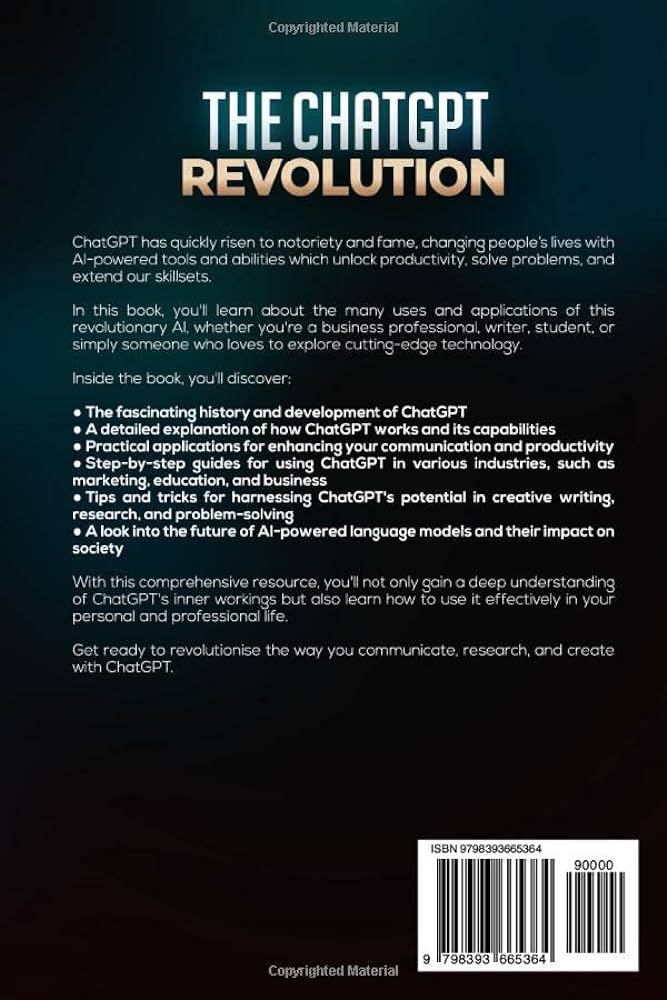In today’s digital age, the study of history has evolved in exciting ways. With the advent of digital tools, historians and researchers can now analyze historical texts and ideas more efficiently and effectively than ever before. From digitized archives to advanced text analysis software, these digital tools have revolutionized the way we engage with and interpret historical materials. This article explores the significance of using digital tools for historical analysis and highlights their impact on historical research and understanding.
The Significance of Digital Tools
Digital tools have opened up new possibilities for historians to delve into historical texts and ideas with greater precision and depth. These tools enable researchers to access, search, and analyze vast amounts of historical documents and texts that were previously difficult to obtain or navigate. By digitizing historical materials, such as manuscripts, letters, and newspapers, these tools make it easier for scholars to explore and interpret primary sources from different periods of history.
Impact on Historical Research
The impact of digital tools on historical research cannot be overstated. Through the application of advanced software and analytical methods, historians can now process and analyze historical texts and ideas in ways that were once laborious and time-consuming. For instance, text analysis tools allow researchers to identify patterns, trends, and correlations within large sets of historical data, shedding light on important historical events, social movements, and cultural shifts.

Credit: www.amazon.com

Credit: www.techmango.net
Enhanced Understanding of Historical Context
Digital tools also contribute to a more comprehensive understanding of historical context. By analyzing historical texts and ideas through digital platforms, researchers can gain insights into the perspectives, beliefs, and ideologies of people from different time periods. This deeper understanding of historical context enriches historical scholarship and helps to construct more nuanced narratives that reflect the diverse experiences and viewpoints of individuals throughout history.
Examples of Digital Tools for Historical Analysis
There are several digital tools and resources that have become indispensable for historians and researchers. One example is Optical Character Recognition (OCR) technology, which converts scanned historical documents into editable and searchable text, making it easier to analyze and extract information from these materials. Additionally, Geographic Information System (GIS) software allows historians to map historical data, visualize spatial relationships, and explore the geographical dimensions of historical events and developments.
Text Analysis Tools
Text analysis tools, such as Voyant and AntConc, enable historians to perform textual analysis by identifying keywords, patterns, and linguistic features within historical texts. These tools empower researchers to uncover hidden connections and meanings within texts, facilitating a deeper understanding of historical discourse and language usage across different time periods.
Digitized Archives And Databases
Many institutions and organizations have digitized their archives and historical collections, making them easily accessible to scholars and researchers around the world. Digital archives and databases provide a wealth of primary source materials, including letters, diaries, photographs, and official documents, thus expanding the scope of historical inquiry and analysis.
Challenges and Considerations
While digital tools offer numerous advantages for historical analysis, there are also challenges and considerations to take into account. One of the key considerations is the need for rigorous data validation and interpretation. As with any form of analysis, historical interpretation using digital tools requires careful scrutiny and critical evaluation to ensure the accuracy and reliability of findings.
Preservation And Access
Another challenge is the preservation and accessibility of digital historical materials. Ensuring the long-term preservation of digital archives and databases is essential for the continued availability of historical sources. Moreover, efforts to enhance access to digital materials for diverse audiences, including students, educators, and the general public, are crucial for promoting historical literacy and engagement.
Frequently Asked Questions On Unlocking Historical Insights: Harnessing Digital Tools To Analyze Texts And Ideas
How Can I Use Digital Tools To Analyze Historical Texts And Ideas?
Digital tools can help you analyze historical texts and ideas by providing features such as text mining, data visualization, and sentiment analysis. These tools allow you to gain insights and draw connections that may not be readily apparent in traditional analysis methods.
What Are The Benefits Of Analyzing Historical Texts And Ideas With Digital Tools?
Analyzing historical texts and ideas with digital tools offers several benefits. It enables you to uncover hidden patterns and trends, enhance research efficiency, and gain a deeper understanding of historical events and concepts. Digital tools also facilitate collaboration and allow for the exploration of vast amounts of data.
Which Digital Tools Are Commonly Used For Analyzing Historical Texts And Ideas?
Some commonly used digital tools for analyzing historical texts and ideas include natural language processing (NLP) software, keyword analysis tools, content analysis platforms, and digital archives. These tools provide researchers with the necessary resources to delve into historical documents and extract valuable information.
Can Digital Tools Help In Identifying Influential Historical Figures And Their Ideas?
Yes, digital tools can be instrumental in identifying influential historical figures and their ideas. By utilizing text mining techniques, researchers can analyze a large corpus of documents and identify recurring themes, key individuals, and influential ideas. This helps paint a comprehensive picture of historical significance and influence.
Conclusion
In conclusion, the use of digital tools for analyzing historical texts and ideas has significantly transformed the landscape of historical research and scholarship. These tools have facilitated the exploration, interpretation, and dissemination of historical materials, leading to more nuanced understandings of the past. As we continue to harness the power of digital technology in historical analysis, it is essential to maintain a critical and ethical approach to utilizing these tools, ensuring that they enrich and deepen our appreciation of history.
Guest Author Sakhawat-Shuvo wrote and edited this Article based on his best knowledge and understanding. These opinions and remarks are not endorsed or guaranteed by epichistoria.com or EpicHistoria. The Epic Historia does not guarantee this article’s content. Readers should verify and use their judgment before trusting the content. Also, the Images used in this Article are the copyright of their Respective Owners. Please use our Comment Box or Contact Us form to report this content. This information is not accountable for losses, injuries, or damages.


